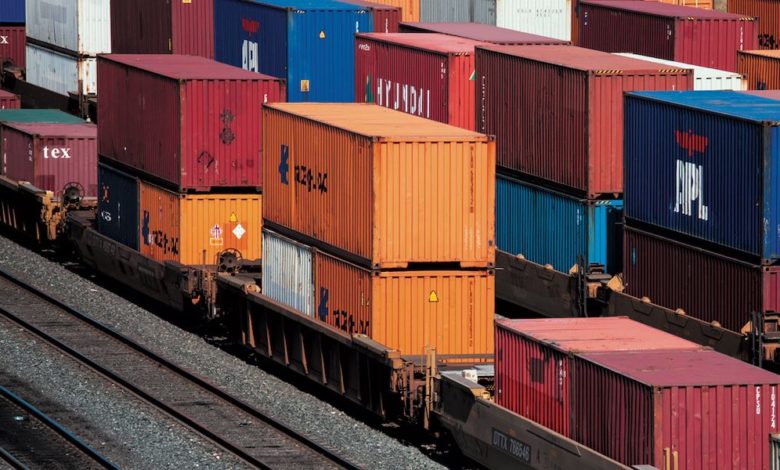Canadian Pacific lock out threat poses another supply chain concern

Canadian Pacific Railway (CP) has issued a 72-hour notice to the Teamsters Canada Rail Conference (TCRC)-Train & Engine of its plan to lock out employees at 00:01 Eastern Time on March 20, if the union leadership and the company are unable to come to a negotiated settlement or agree to binding arbitration.
TCRC-T&E represents about 3,100 railway-running trades employees, including locomotive engineers, conductors, train and yard employees. Their contract with CP expired on December 31, 2021.
A conciliation officer was appointed on December 24 to help the two sides in their negotiations. A 60-day conciliation period commenced the next day, on December 25. During that period and the 21-day cooling-off period that followed it, no strike or lockout was allowed. The 81 days total for those two periods ended on March 16, making that day the first possible date for a legal work stoppage.
The company and union have been meeting daily over the past week with federal mediators to reach a new negotiated collective agreement in hopes of avoiding a labour disruption. CP said in a statement that, despite those talks, “our positions remain far apart.”
Announcing the lockout on March 16, Keith Creel, CP President and CEO, said: “For the sake of our employees, our customers, the supply chain we serve and the Canadian economy that is trying to recover from multiple disruptions, we simply cannot prolong for weeks or months the uncertainty associated with a potential labour disruption. The world has never needed Canada’s resources and an efficient transportation system to deliver them more than it does today. Delaying resolution would only make things worse. We take this action with a view to bringing this uncertainty to an end.”
On March 15, CP tabled an offer that addressed 26 outstanding issues between the parties; the TCRC leadership rejected the offer.
“We are deeply disappointed that we find ourselves in this position,” said Creel. “CP will continue to bargain in good faith with the TCRC leadership to achieve a negotiated settlement or enter binding arbitration. The Canadian economy could avoid all the pain and damage of a work stoppage if the TCRC would agree to binding arbitration, an outcome we continue to push for.”
CP has commenced its work stoppage contingency plan and will work with customers in winding down its Canadian operations.
Canada’s Minister of Labour, Seamus O’Regan, said: “The Minister of Transport, Omar Alghabra, and I understand the impacts of a potential work stoppage and are monitoring the situation closely. We are encouraged to see that both parties are still negotiating. We have been in touch with the parties directly, urging them to work together to resolve their issues and reach a deal as quickly as possible, and will continue to do so.
“The Federal Mediation and Conciliation Service has been working closely with the parties since December to help them reach an agreement and remains with them at the table to assist them in their negotiations.”
